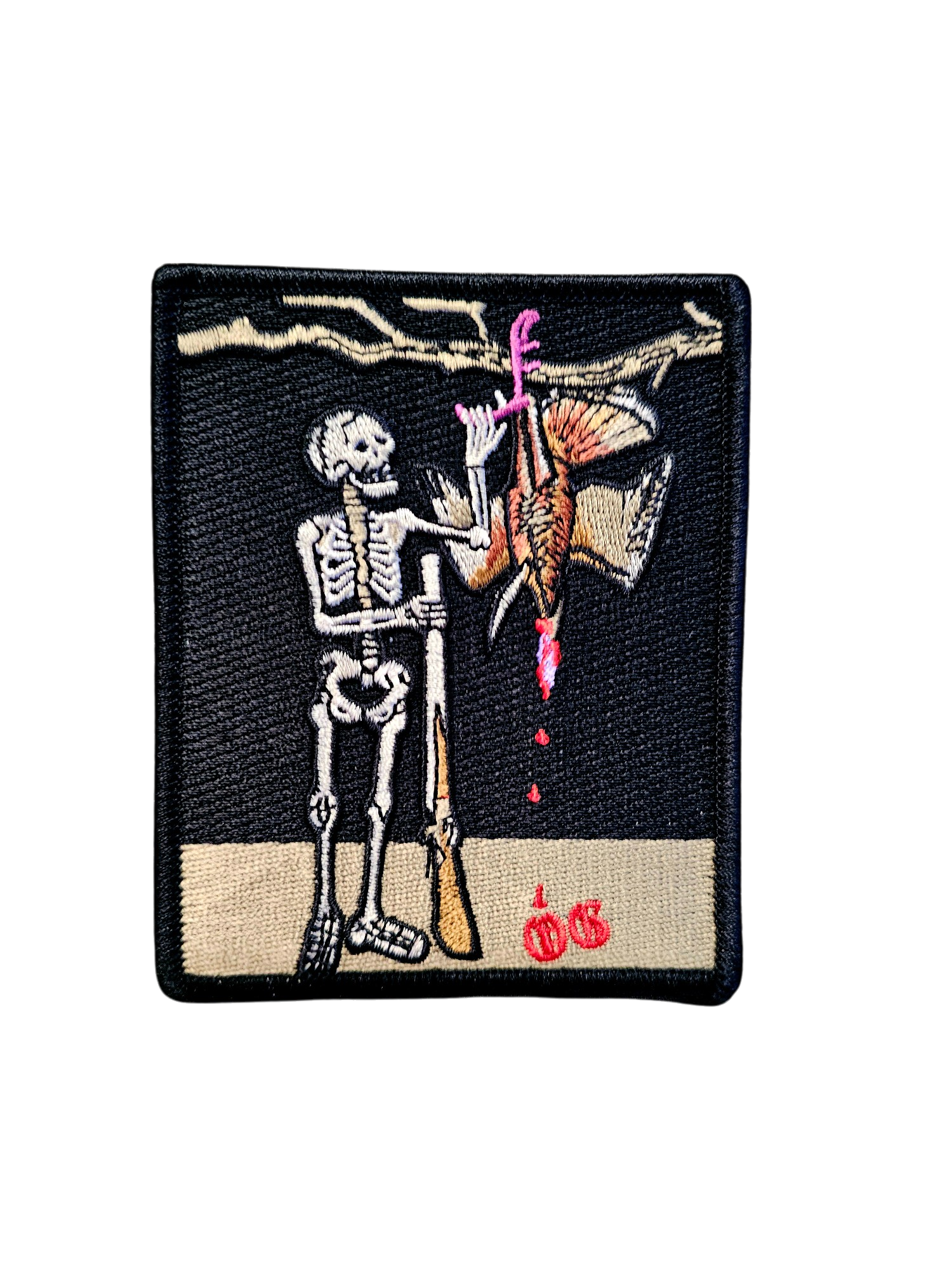        |
2022 Pre-Season ScoutingStarted by Dhamilton1, January 26, 2022, 05:36:43 PM Previous topic - Next topic
User actions
|
        |
2022 Pre-Season ScoutingStarted by Dhamilton1, January 26, 2022, 05:36:43 PM Previous topic - Next topic
User actions
|